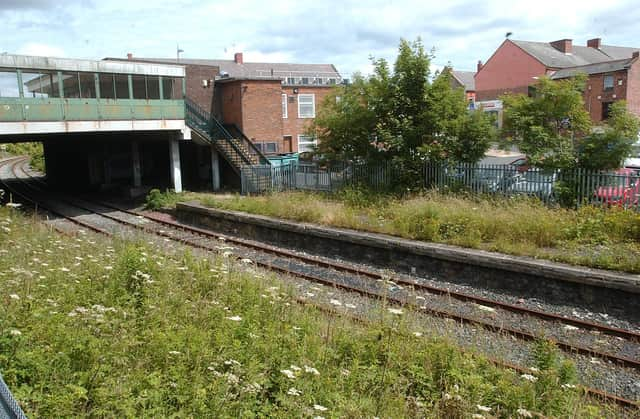Northumberland Line on track to be running by 2024


The route, formerly known as the Ashington, Blyth and Tyne line, has been closed to commuters since the 1960s.
But following confirmation of government funding worth £34 million, regional bosses are confident the project will stick to its planned timeline.
Advertisement
Hide AdAdvertisement
Hide Ad“The Northumberland line is going great guns,” said Tobyn Hughes, managing director of Transport North East.
“Courtesy of a project led by Northumberland Council, we will see trains on that line by 2024, at the latest.
“But they’re working closely with the government to try and speed it up as much as they can.”
Hughes was speaking at this morning’s (Wednesday, June 16) meeting of the North East Joint Transport Committee’s Audit Committee, which met in person in Gateshead for the first time in more than a year.
Advertisement
Hide AdAdvertisement
Hide AdOnce completed, the Northumberland Line is due to connect to the Tyne and Wear Metro network at Northumberland Park, in North Tyneside.
Heading north, stops on the route are planned at Seaton Delaval, Blyth, Bedlington and Ashington.
While ministers have stumped up an initial £34 million for design work, the final bill is expected to be closer to £166 million.
Earlier this month (June 9) bosses at Northumberland County Council approved plans for a bridge crossing the line to replace an existing level crossing, while the local authority has also applied for a Transport and Works Act Order from the government which would give it compulsory purchase powers for the project.
Advertisement
Hide AdAdvertisement
Hide AdTransport chiefs in the North East are also watching closely the outcome of the Williams-Shapps rail review, which has recommended sweeping changes in how rail UK networks are managed.
Hughes, who is also managing director of Metro operator Nexus, added: “It gives us an opportunity, as an area, to interface with that new Great British Railways structure and get a greater say, and hopefully a greater influence and perhaps a degree of control, over how the railways in the North East are delivered.”